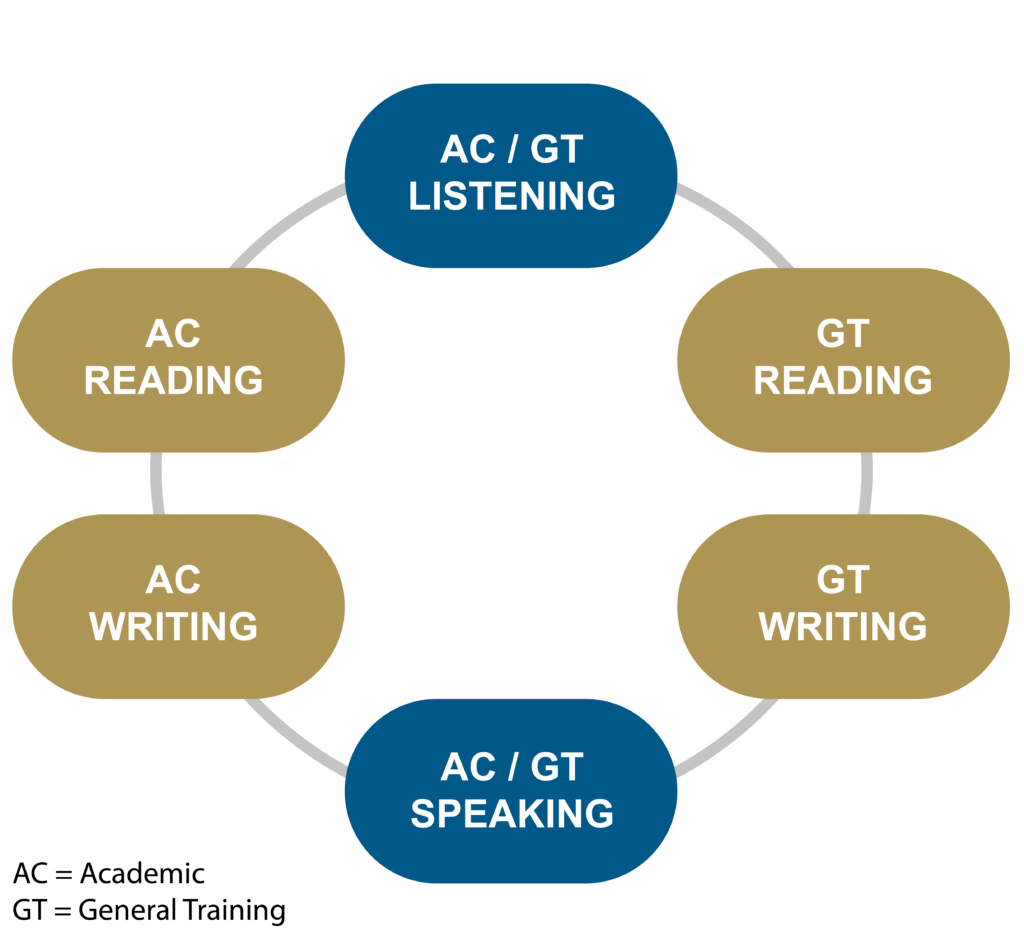When it comes to taking the IELTS exam, there are two main options to choose from: Academic and General. While both tests assess your English language proficiency, they are designed for different purposes and have distinct differences. Understanding these differences can help you determine which test is right for you. Let’s explore the variations between IELTS Academic and General.
One key difference between the IELTS Academic and General tests is the purpose for which they are taken. The Academic test is typically required for those looking to study at a university or institution of higher education in an English-speaking country. On the other hand, the General test is often taken for immigration purposes or for professional development in an English-speaking environment.
Another important distinction is the content of the two tests. The Academic test focuses on academic language and skills, such as writing essays, reading complex texts, and giving presentations. In contrast, the General test assesses everyday language skills, such as reading advertisements, writing letters, and having conversations in common social situations.
Furthermore, the writing tasks in the two tests differ significantly. In the Academic test, you are required to write a detailed report or essay on a given topic, whereas the General test asks you to write a letter in response to a given situation. This reflects the different communication styles needed for academic and everyday purposes.
Additionally, the reading and listening sections of the two tests also vary. The Academic test includes more complex and academic texts, while the General test features texts and conversations that are more practical and relevant to daily life. This difference ensures that each test assesses the language skills needed for its specific purpose.
In conclusion, while both IELTS Academic and General tests evaluate your English language proficiency, they are designed for different purposes and target different language skills. Understanding these differences can help you choose the right test based on your goals and aspirations. Whichever test you decide to take, thorough preparation and practice are key to achieving success on the IELTS exam.
